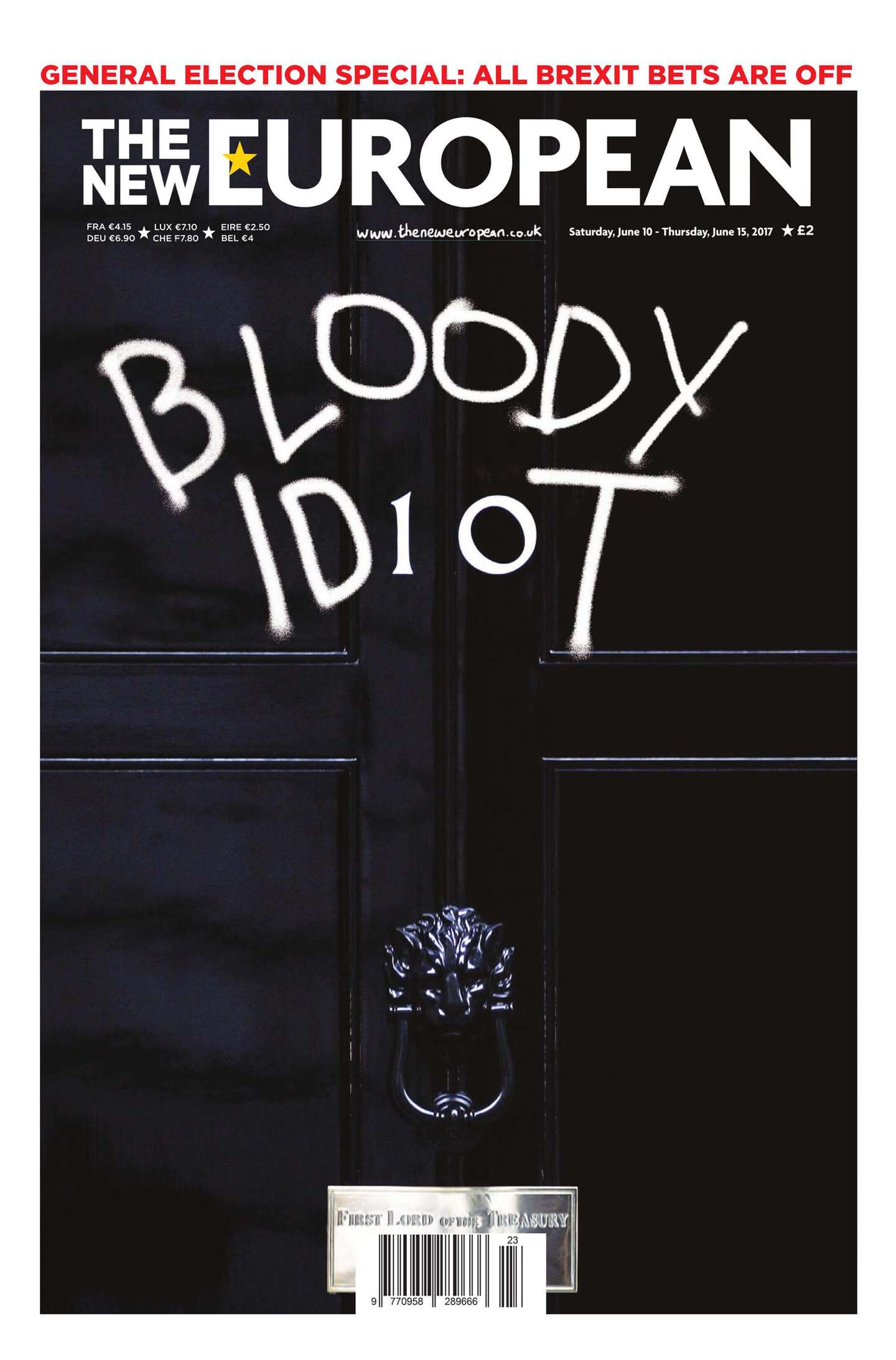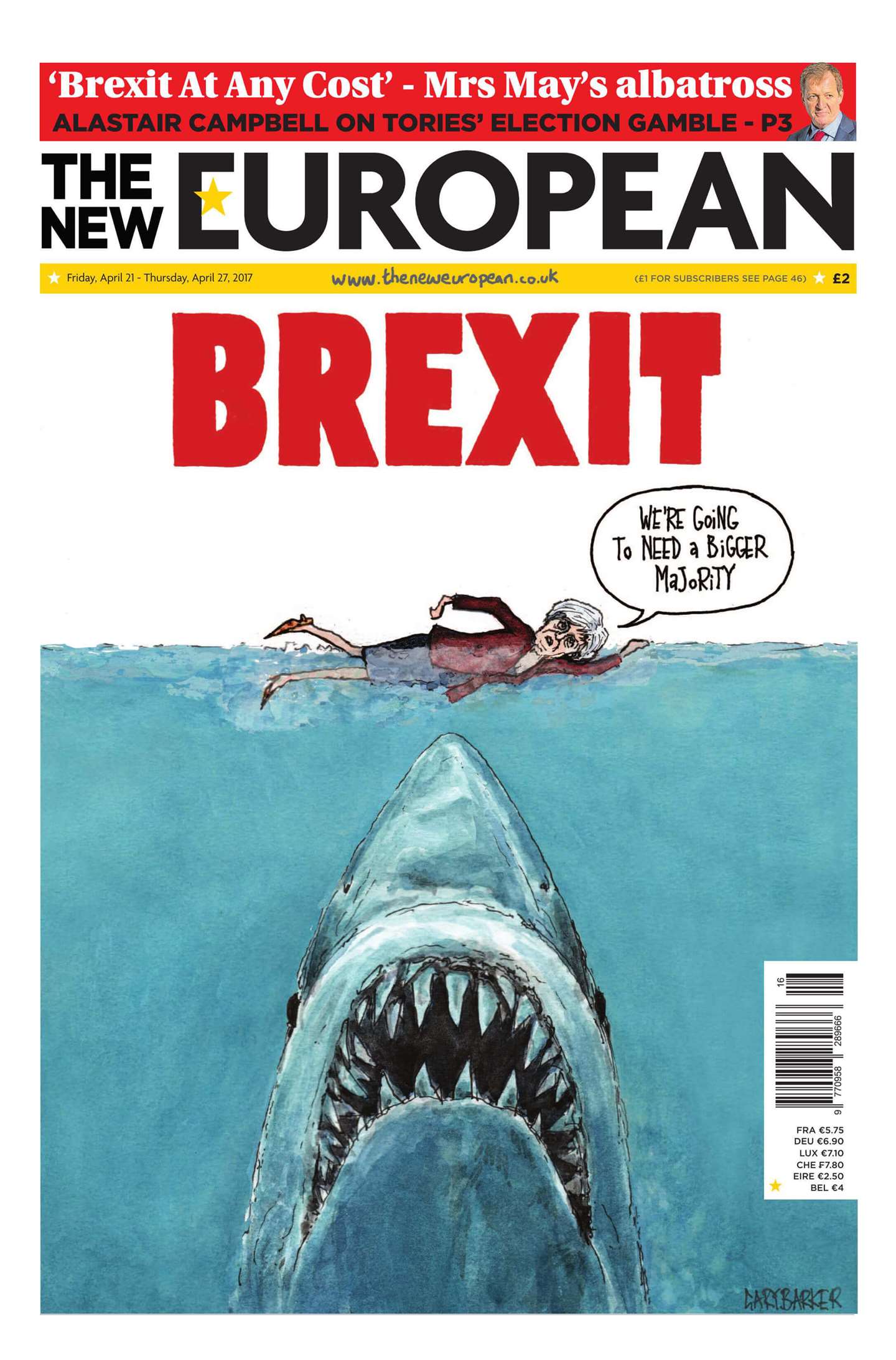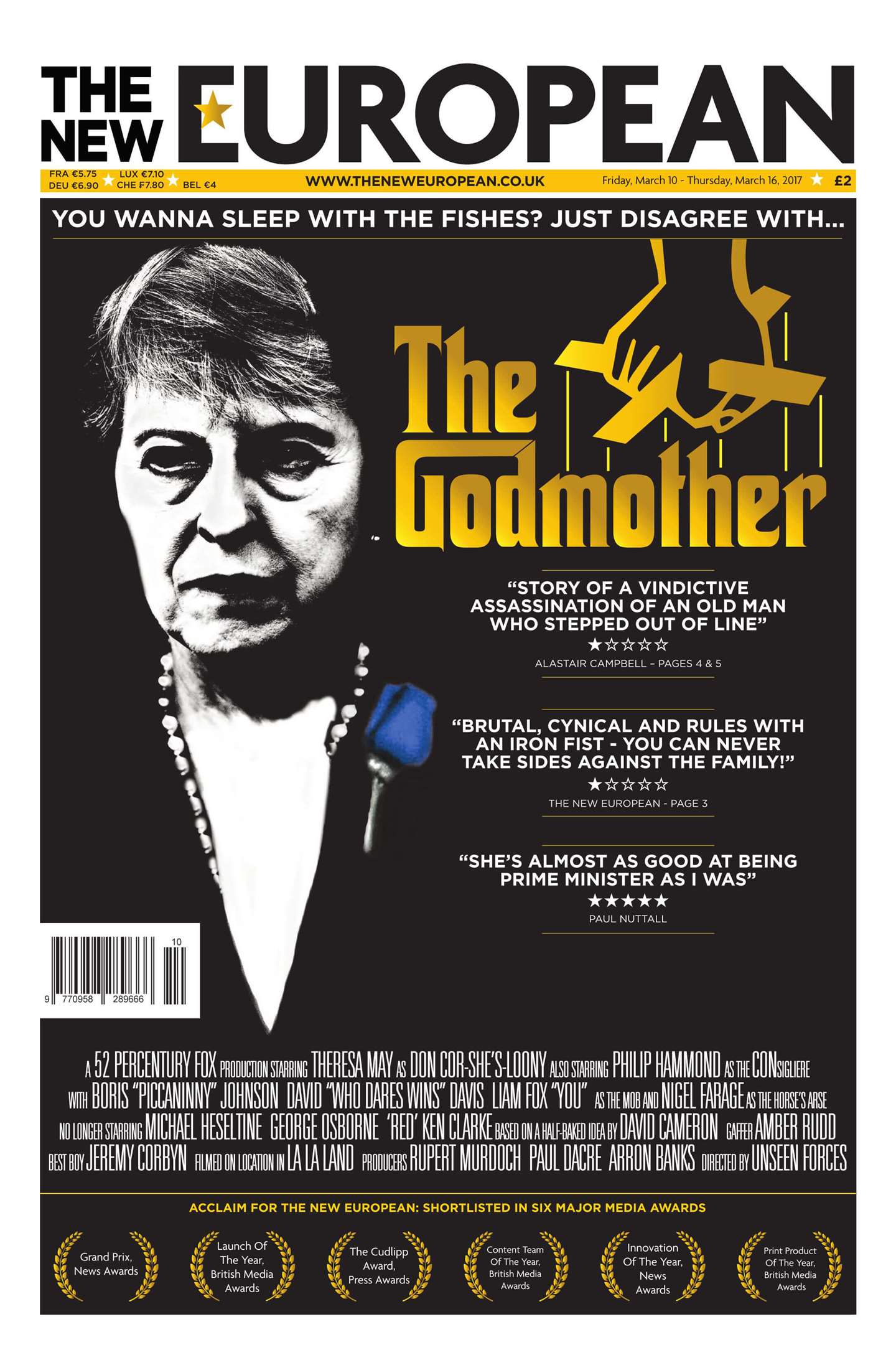The power of print at a glance:
- “The place for generality in media is shrinking.” Legacy news brands would be wise to focus on a particular audience or subject matter
- The subscription model frees newspaper publishers from their loyalties to advertisers and allows them to focus on the content they want to produce
- Subscription model publishers are good targets for advertisers seeking a loyal, engaged audience
When the EU referendum result hit home in June 2016, an audience emerged that transcended political party lines. The 48%, as Matt Kelly calls them, or the 16.1 million people who voted Remain and lost, were united on an era-defining political issue, and yet there was nothing for them in mainstream media. The New European, of which Kelly is founder and editor, gave them that something.
Kelly, who is also Archant’s chief content officer, shares his unconventional approach to newspaper publishing and suggests that the old guard could learn a thing or two from a title with just 20,000 subscribers.
Let’s start from the beginning. Why create The New European?
We launched the paper for two reasons. First, I was pretty shocked by the referendum result and wanted to make sure there was a place for vigorous debate on the far end of the Remain spectrum. But we also saw a publishing opportunity.
How does your approach differ to that of a traditional newspaper?
Most importantly, we don't think of ourselves as a permanent title. We call it pop-up publishing. In fact we only planned to run four issues to begin with, and said that if there was demand we would continue.
We have very little advertising. We rely totally on subscriptions and circulation revenue, so our cover price is relatively high at £2.50 for a 48-page paper. We’re lucky that because people feel so passionately about the topic, price is not so much of an issue.




